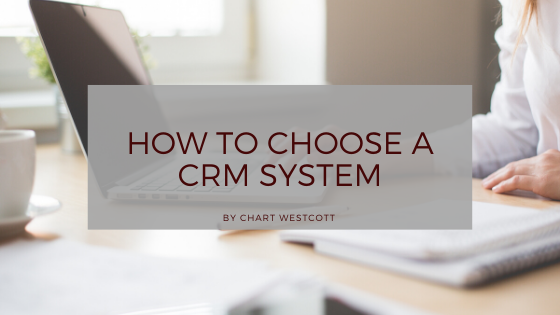Customer relationships are at the heart of any business. Managing them effectively can be the key to success in even very crowded industries. That’s part of why picking the right customer relationship management system is so important. CRM is about more than databases and storing contact information.
CRM systems are crucial when it comes to lead management, customer opportunity management, and even analytics. The advent of Big Data has meant that more industries than ever before are relying on analytics. Crunching the numbers effectively can have a significant impact on the bottom line. The insights gained from data can help businesses identify opportunities and make the most of them. This can mean being ahead of the curve compared to less technologically-advanced companies.
Knowing which features are available is excellent. Knowing which features a business needs can be more challenging. With this generation of CRM systems, the problem tends to be overestimating functions that a business needs, not underestimating. Be honest about the size of the business’s customer base and understand their needs. A sound CRM system should be customizable. It’s a good idea to avoid CRM systems that can’t be adapted to a business’s needs. One-size-fits-all packages often end up not solving anything for anyone. A CRM provider should be willing to offer a demonstration and a free trial.
The way storage works is also an important consideration when it comes to customer relationship management. There are two major options here. Some CRMs are cloud-based. This can be an excellent solution for many businesses. It offers flexibility and ease of access. For some industries, like medicine and finance, more privacy may be desired, and on-premise solutions may be preferred. It depends on the business and its needs. On-premise solutions generally require on-site IT support and can be more expensive than cloud-based systems.
Finally, integration is essential. Today’s customer relationship management software shouldn’t just integrate with MS Office. It should be able to connect with accounting, HR, and other types of software. One of the most crucial software integrations is with a business’s own website. Being able to import the data from fill-in forms on a website is a great way to save time and get started on lead generation.



